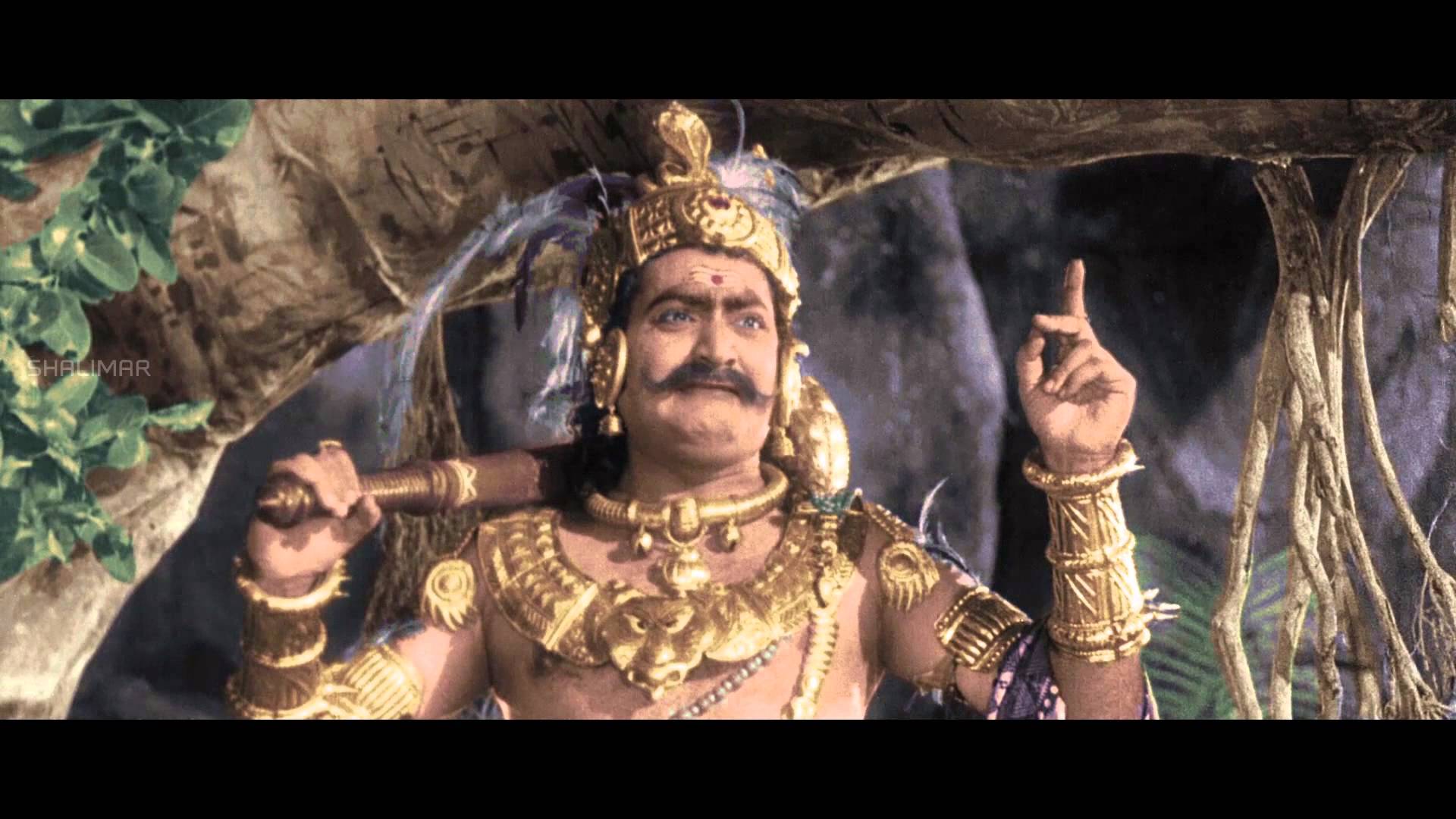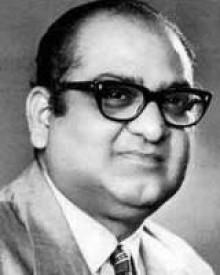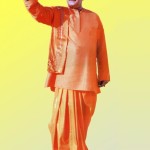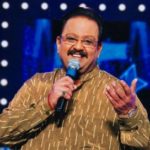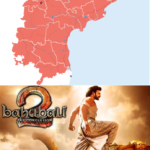In the annals of Andhra cinemadom, there are certainly many actors who have attained superstardom, and many actresses who became Pan-National stars.
But perhaps no star is as synonymous with a single dialogue and song as a certain actor is with Vivaha Bhojanambu.
From Maya Bazaar to Gundamma Katha to Bhookailas and beyond, SVR is one of those rare thespians whose admirers and fans cut across caste and class alike.
Few actors fared as well in cinematic fare as S.V.Ranga Rao, who is the next feature in our Continuing Series on Andhra Personalities. We begin our introduction with SVR’s own Introduction, because no yesteryear character could make an entrance like he could.
Background
Samarla Venkata Ranga Rao garu was born in 1918 to Lakshmi and Koteswara Rao. They hailed from Nuzvid, Krishna District in what was then the Madras Presidency.
His father was a government employee. In light of that, and irrespective of an early interest in the stage, SVR soon focused on serious studies. Interestingly, despite doing his bachelor’s in Science, he had been contacted by a relative in Madras’ budding film industry to act. After his fresher feature (Varudhini), he was bitten by the acting bug. Though he briefly had a stint at the Tata office in Jamshedpur, he soon quit and never looked back.
At the age of 31, he married a young lady by the name of Leelavathi. They would have two daughters and a son together.
Back in his professional world, the aspirations of pre-Independence India becoming post-Independence achievement would be reflected by SVR’s own career. A rather unique fact is even in his earliest days in the industry he was routinely playing Thaathaiah’s (old men). In fact, his very first feature film with NTR was NTR’s very first feature film (Palleturi Pilla), and SVR essayed a role literally titled “Thaatha”.
His filmography reads like a list of TFI’s great Golden Age hits: Paathaala Bhairavi, Missamma, Maya Bazaar, Bhookailas, Narthanasala, Sampoorna Ramayana, and even Bhakti Prahalada. Though no stranger to negative roles, SVR could humanise even the hated Hiranyakashipu with such scenes.
Little known is that S.V.Ranga Rao had two director credits (Bandhavyalu & Chadarangam) and a few producer credits to his name. Nevertheless, though he was fated to pass away all too soon, he was destined to be remembered as one of the finest actors in Indian cinema, and especially Telugu Cinema. Frequently reprising his Telugu roles in Hindi, he even featured in original roles in Tamizh. Indeed, his last movie was in Madras’ native language, but Andhra’s Cinema Sarvabhauma would not be forgotten in his native land.
He passed away in 1974, at the relatively young age of 56. This was the same age as his method actor-character actor predecessor, CSR Anjaneyulu.
Achievements
- Afro-Asian International Film Festival (Indonesia)
- Nandi Award (Multiple times, for Best Actor and also Best Director)
- Filmfare Award (South)
- Rashtrapati Award
Though it is often standard repertoire to list a battery of awards and honours an actor has accumulated over the years, SVR is best remembered through his on-screen personae.
So captivating was his delivery, so identifiable was his style that it became almost a standard cultural practice for Telugu actors to deliver dialogues as he might, some out of jest, but others out of genuine desire for gravitas. He could appeal to tiny tot and serious cinema-goer alike.
Whether he was a grandiose gourmand of Ghatotkachic proportions (Maya Bazaar) , a genteel gentleman of the gentry (in Missamma), or a leering lech (in Narthanasala), he brought a grandeur that was instantly recognisable and enrapturing. With performances that could register with the backbenches as well as august halls of cultural stalwarts, he was the larger-than-life quality of chalanachitram itself.
Nevertheless, notable roles include the following:
Paathaala Bhairavi – His role as Nepala Mantrikudu was equal parts engaging and reviling. His devious behaviours and penchant for abhichara made him the perfect foil for the innocent protagonist. Despite being an antagonist here, this was one of the early roles that would cement SVR’s place in celluloid history.
Ghatotkacha – Without a doubt his most celebrated role, he managed to find the perfect balance between intimidating and accessible as well as avuncular and childlike. The scene where he consumes the Vivaha Bhojanambu itself is emblematic of that plasticity of facial innocence he managed to conjure up despite playing the role of a Rakshasa. Food, it appears, brings out the child in all of us—even Ghatotkacha.
Hiranyakashipu – Quite possibly the marquee performance in a long line of titles on the marquee, SVR shone in this role of a lifetime. He was the perfect foil to the humble vinayam of Prahlada. Indeed, his diction and dialogue delivery in rapid-fire prose would be emulated for decades.
More than anything else, however, he set the standard for cinematic authenticity. This character actor truly was the authentic character for audiences and comedians alike.
https://www.youtube.com/watch?v=ZsFxZjBkVtg
Imitation as they say is the finest form of flattery. Which comedian to better capture this than the current day comedy king himself: Brahmanandam. S.V.Ranga Rao’s inspiration clearly crosses generations even to this day.
Legacy
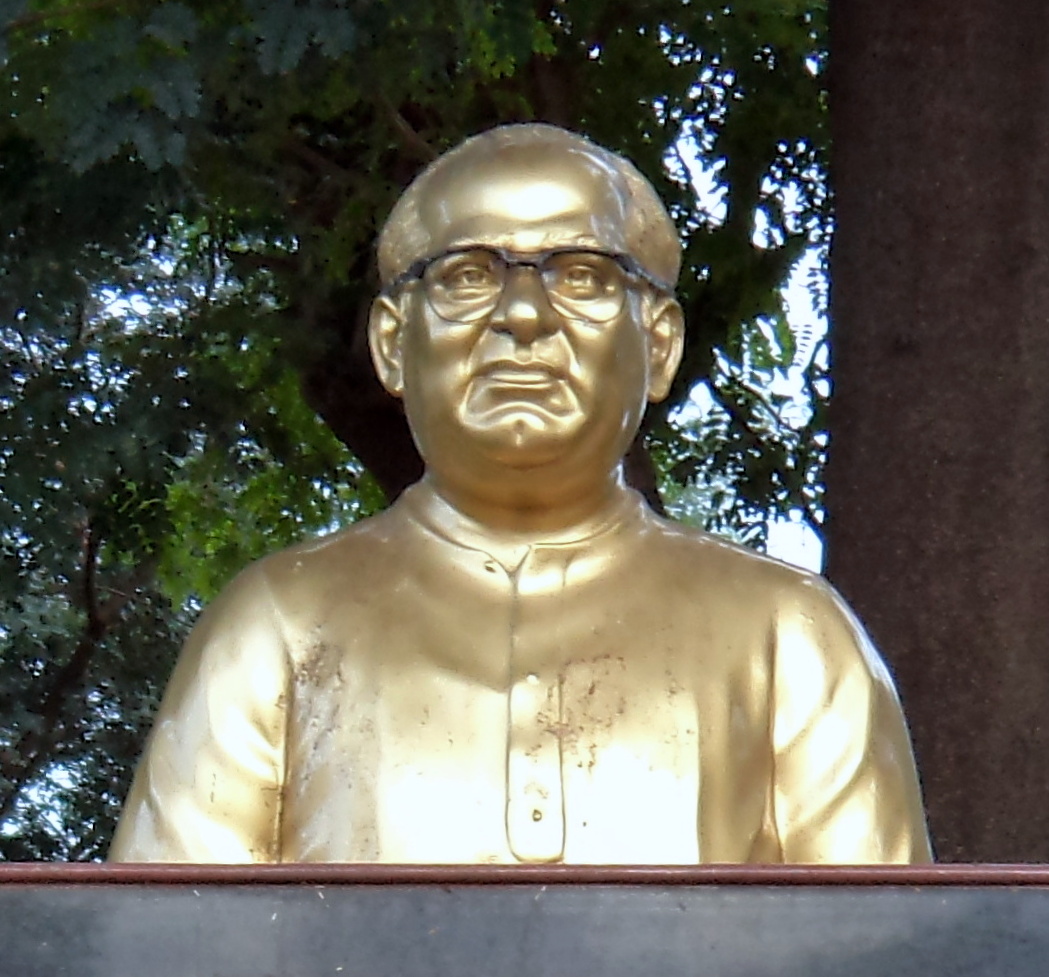
The legacy of SVR is little remembered, but oft-remarked. In an industry with many accomplished character actors (Gummadi, CSR Anjaneyulu, Rao Gopal Rao, Kota Srinivasa Rao, Tanikela Bharani, etc), Nuzvid’s naata nayaka was one character who dominated a stage filled with stars.
He could effortlessly play a secondary protagonist (Bhookailas), genteel supporting cast (Missamma) or even a villainous antagonist (Paathaala Bhairavi). While it was perhaps Maya Bazaar and its most famous song that forever cemented his celluloid immortality, movies such as Manchi Manasulu also showed his range, and everyday character too.
https://www.youtube.com/watch?v=rA691p9DJKE
Theatrical drama and Comedy were the two main markers of the man many consider to be the greatest character actor of them all. This is so much so that even the Nandi award in this category is named after him. And that is perhaps the greatest tragedy. Whether it is Nedunuri Krishnamurthy in Music or S.V.Ranga Rao in acting, yet again another Andhra great was ignored at the national level, despite international recognition. How sad that an Indonesian International Film Festival could recognise him, but not his own national film fraternity.
Despite Paathaala Bhairavi being a national hit, with Viswa Naata Chakravarthi reprising his role as Nepala Mantrikudu, there was no Padma for this mahanaata. People have all the time in the world for Mughal-e-Azam, but a culturally rooted Pan-India blockbuster actor could not expect recognition from the Delhi Durbar (ironically, he himself played the same Mughal in Anaarkali). He would play many all-India figures including Raja Bhoja in the silver screen version of Mahakavi Kalidasu.
And that is also why if people like S.V.Ranga Rao did not get their due at the national level (Rashtrapati award aside), the proper path is to not point fingers at “North this and that”, but identify the real problem: cultural sellouts and the cultureless (despite their pompous airs, these overlap more often then not). Court eunuchs engage in career nara stuti for the highest bidder, so why would they recognise a great Nayaka hailing from a Dharmic culture that “Secular, Socialists” would not patronise? Or perhaps they did treat patronisingly while refusing to give real patronage to those who stood for the native Civilizational ethos.
Irrespective, the issue as in all these things lies in lack of culture. Not the culture of court eunuchs with the mere form but absence of cultural spirit, but the essential truth of the trial of life: that the great Drama of Indian Culture is in Dharma. The truly deserving dramatists are those may not always live it, but do their utmost to celebrate and propagate it, not only for the cloistered few, but for the people as a whole.
In any event, in recent years there has been a small push to get him considered for a Padma Sri, posthumously. Whether or not the effort fructifies, he remains a lotus of modern cinema as far as modern Telugus are concerned.
Whether it was his earliest days in pre-Independence India or his final ones in undivided Andhra, he remains the “Global Acting Emperor” in the eyes of Trilinga desa.
Even a scene with no dialogue could result in SVR stealing the show:
So we end as we began. To most he is remembered simply as S.V.Ranga Rao, to others as Viswa Naata Chakravarthi, but as far as we’re concerned, only one salutation is good enough for him:
Hai Hai Nayaka!
References:
- http://www.imdb.com/name/nm0710036/
- http://www.thehindu.com/news/national/andhra-pradesh/Padma-Shri-sought-for-S.V.-Ranga-Rao/article14497248.ece
- https://timesofindia.indiatimes.com/entertainment/telugu/movies/did-you-know-/SV-Ranga-Rao-was-conferred-the-best-actor-award-at-Indonesian-Film-Festival/articleshow/34794951.cms
